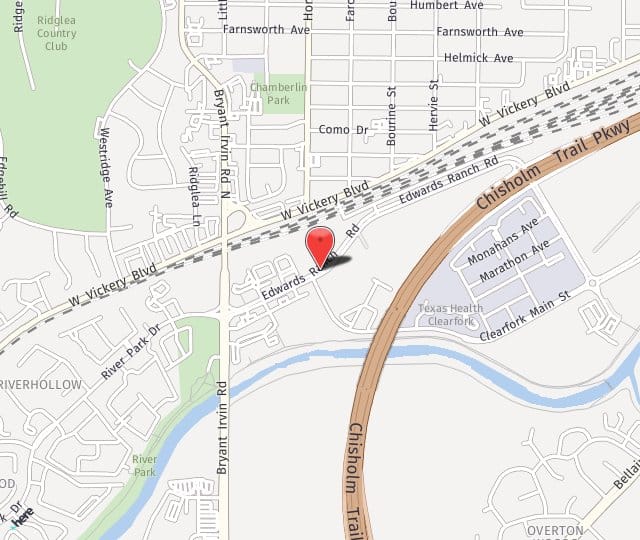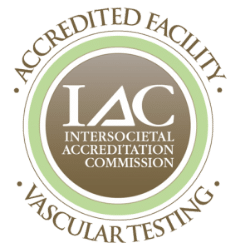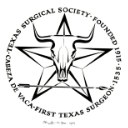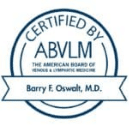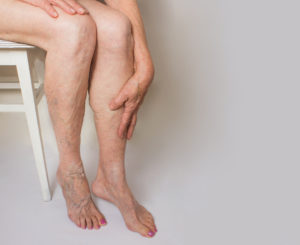
But the venous wall and the valves can fail and the blood can collect in the veins. This is a condition called chronic venous insufficiency (CVI). and venous reflux. (blood moving the wrong way in the leg vein). Just like gastric reflux is the wrong way, venous reflux is the wrong way. This can lead to varicose veins, swelling in the legs and ankles, itching skin on the legs and feet, and even skin infections.
Dr. Oswalt treats chronic venous insufficiency and venous reflux at Fort Worth Vein Center.
What causes chronic venous insufficiency?
CVI occurs when the valves in the veins become damaged, allowing the blood to leak backward. This leads to venous hypertension, increased pressure in the veins of your legs which causes the symptoms. The main causes of venous insufficiency are genetics, age, obesity, trauma, pregnancies and women. The condition is more common in women and people over the age of 50.
What are the risk factors for CVI?
There are various risk factors that make it more likely a person will develop CVI:
- Deep vein thrombosis
- Obesity
- Varicose veins
- Inactivity
- Extended period of sitting or standing
- Being a female
- Pregnancy
- family history
- Passing your 50th birthday
How does Dr. Oswalt treat CVI?
After diagnosis, which usually includes a detailed ultrasound, we develop a treatment plan. Treatments usually include a combination of compression therapy, endovenous ablation, and ultrasound-guided sclerotherapy. Rarely is invasive surgery necessary.
These are some things you can do on your own:
- Regular exercise, particularly walking
- Weight loss, if you’re obese
- Avoiding long periods of sitting or standing
- Elevating your legs when sitting or lying down (legs need to be above your heart)
- Wearing compression stockings
At Fort Worth Vein Center, treating conditions such as CVI is what we do. If you’re having problems, please call us for an appointment, 817-536-9600.

